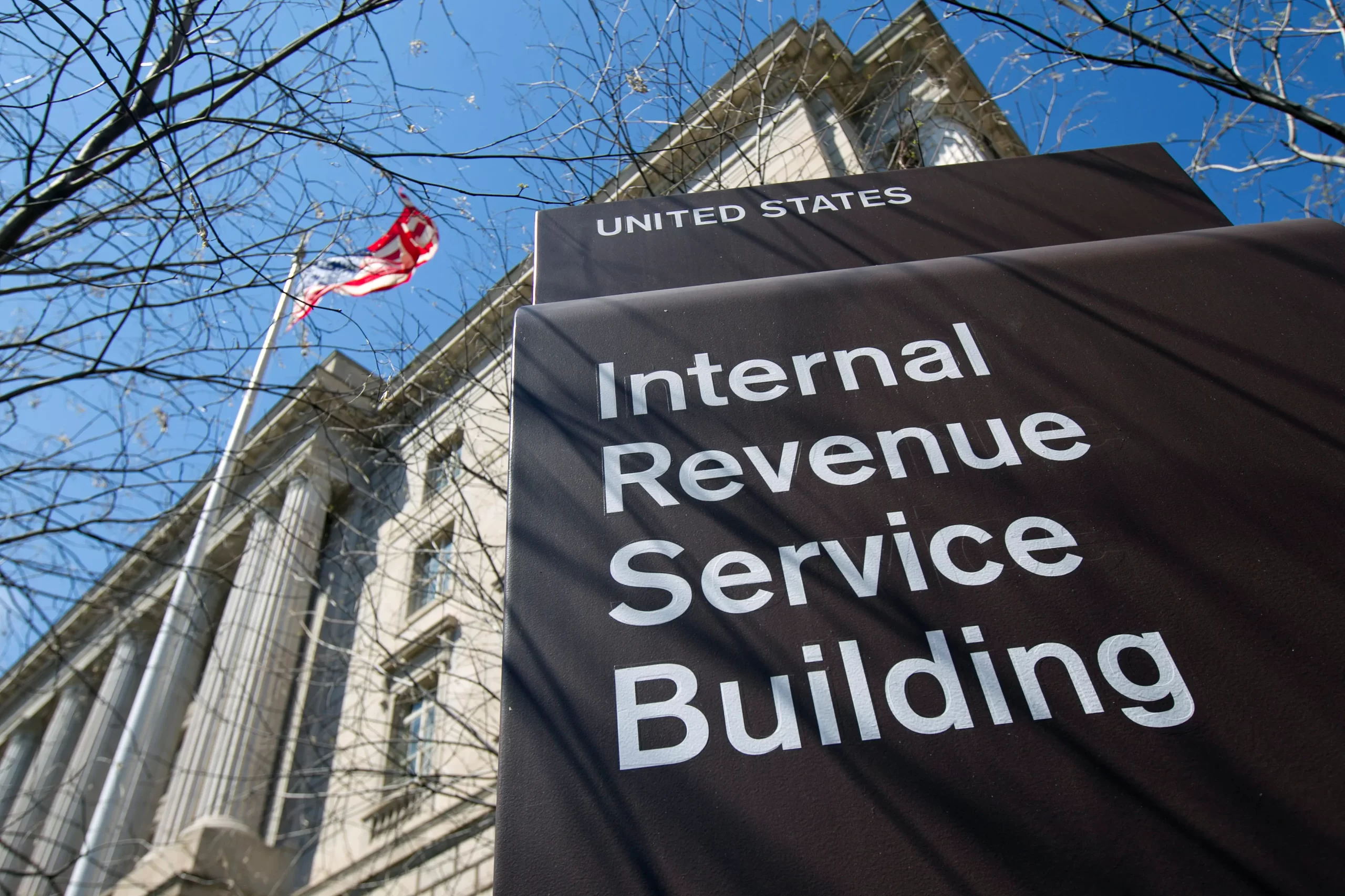The United States Internal Revenue Service (IRS) has unveiled the final draft of its new crypto broker reporting requirements, clarifying which industry participants will be affected. Decentralized exchanges and self-custody wallets are notably excluded from these new rules, which were announced on June 28.
Key Points of the New Regulations
- Scope of Reporting Requirements: The IRS has decided not to include decentralized exchanges and self-custodial wallets under the new reporting guidelines. The agency cited the need for additional time to consider the complexities of completely decentralized networks.
- Inclusion of Stablecoins and Tokenized Assets: Stablecoins and tokenized real-world assets are not exempt and will be subject to the same reporting requirements as other digital assets.
IRS Commissioner’s Remarks
IRS Commissioner Danny Werfel emphasized the importance of addressing the tax gap associated with digital assets and preventing tax evasion among high-net-worth individuals. He stated, “We need to make sure digital assets are not used to hide taxable income, and these final regulations will improve detection of noncompliance in the high-risk space of digital assets.” This sentiment was echoed by IRS criminal investigation chief Guy Ficco, who anticipates an increase in crypto tax evasion during the 2024 tax season.
Industry Advocates Raise Concerns
The Blockchain Association and The Chamber of Digital Commerce have been vocal opponents of the IRS’s proposed broker rules over the past year. The Blockchain Association argued that the rules are fundamentally incompatible with decentralized finance networks and would impose significant regulatory burdens and compliance costs on market participants.
- Compliance Costs: The Blockchain Association highlighted that the proposed rules would introduce $256 billion in annual compliance costs and potentially violate the Paperwork Reduction Act.
- Privacy Issues: The Chamber of Digital Commerce echoed these concerns, noting that the new tax compliance forms could create privacy issues for individuals and businesses.
Key Takeaways
- Regulatory Exclusions: Decentralized exchanges and self-custody wallets are not included in the new IRS reporting requirements.
- Included Assets: Stablecoins and tokenized real-world assets will be treated the same as other digital assets under the new regulations.
- Industry Pushback: Advocacy groups are concerned about the regulatory and financial impact of the new rules, citing potential privacy issues and high compliance costs.

